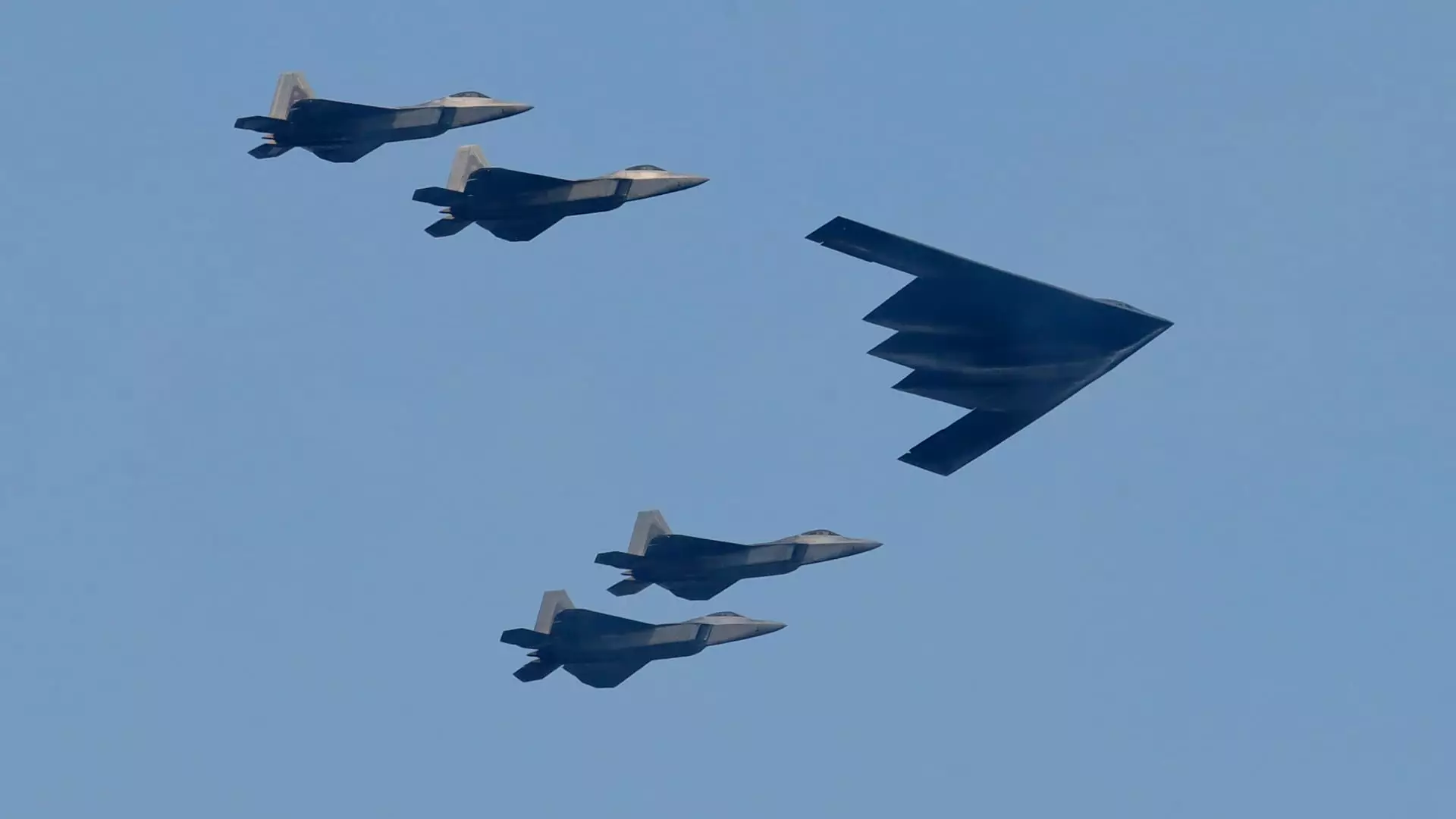The airwaves erupted as President Donald Trump announced the United States had executed a “very successful attack” on Iran’s nuclear sites, most notably targeting the notorious Fordow facility. His triumphant tone reverberated through social media, where he described the event as “an HISTORIC MOMENT FOR THE UNITED STATES OF AMERICA, ISRAEL, AND THE WORLD.” Yet, this perceived triumph could easily morph into a nightmare not just for the Middle East, but for the global community as well. Celebrating military action under the pretense of national security magnifies inherent contradictions; it’s akin to celebrating the internal combustion engine while wilfully ignoring climate change’s cataclysmic effects.
Global Repercussions and Recklessness
Immediate reactions poured in from world leaders, illustrating a stark divide in global sentiment. Israeli Prime Minister Benjamin Netanyahu praised Trump’s decision as historical, framing it under the mantra of “peace through strength”. The irony is insufferable; this rhetoric often wraps a facade of strength around reckless aggression. What does it mean for global stability when military might is viewed as the primary route to diplomacy? The historical context of military interventions reveals little that suggests such strategies ultimately culminate in sustainable peace.
On the other end of the spectrum, UN Secretary-General Antonio Guterres responded with a warning about the escalation of conflict. Expressing fears that this incident could spiral into wider chaos, he rightly emphasized, “there is no military solution.” His call for diplomacy echoes wisdom often lost among power-hungry strategists—military action rarely yields constructive dialogue.
A Collective Outcry
Governments from Latin America swiftly condemned the attacks. Venezuela’s Minister of Foreign Affairs decried the airstrikes as “U.S. military aggression,” urging immediate cessation of hostilities. Notably, the condemnations from nations like Venezuela and Cuba point to a unifying global resistance against unilateral military actions, especially from the United States. These countries, often marginalized in the global discourse, are salient reminders that aggression invites rebuke and can drive nations toward alliances rather than isolation.
Mexico’s Ministry of Foreign Affairs added its voice, advocating for dialogue over aggression. The call for a diplomatic resolution resonates deeply, especially considering Mexico’s own historical struggles. As governments across the globe weigh the implications, a palpable sentiment emerges: military actions by one powerful nation cannot operate in a vacuum without affecting the lives of countless innocents around the globe.
A Tenuous Balance
What does all this mean in practice? The attacks on Iranian nuclear facilities threaten not just regional stability but resonate with a louder implication—democracy cannot thrive in environments shaped by military interventions. The tension between secular leaders and military hawks grows palpable. We live in an era where the consequences of these rash decisions can easily be magnified by technology, social media, and the interconnectedness of global communities. Is this the world we want, where country leaders wield power without accountability and enact decisions that could lead to untold suffering?
This moment presents an opportunity for reflection. As nations react—whether with approval or condemnation—one must question the ultimate goal behind such actions. Is it true peace achieved through strength, or merely a reckless drive for dominance cloaked under the guise of national interest?
In a world where each military strike can have reverberations across continents, the decisions made today will shape the landscape of tomorrow. As we stand on this precipice, leaders must take a breath and critically ask themselves: does this action serve to fortify peace or sow quicker seeds of discord? The moral high ground comes not from might, but from diplomacy and understanding among nations. The stark warning from the UN—to avoid chaos at all costs—is now more crucial than ever.


Leave a Reply